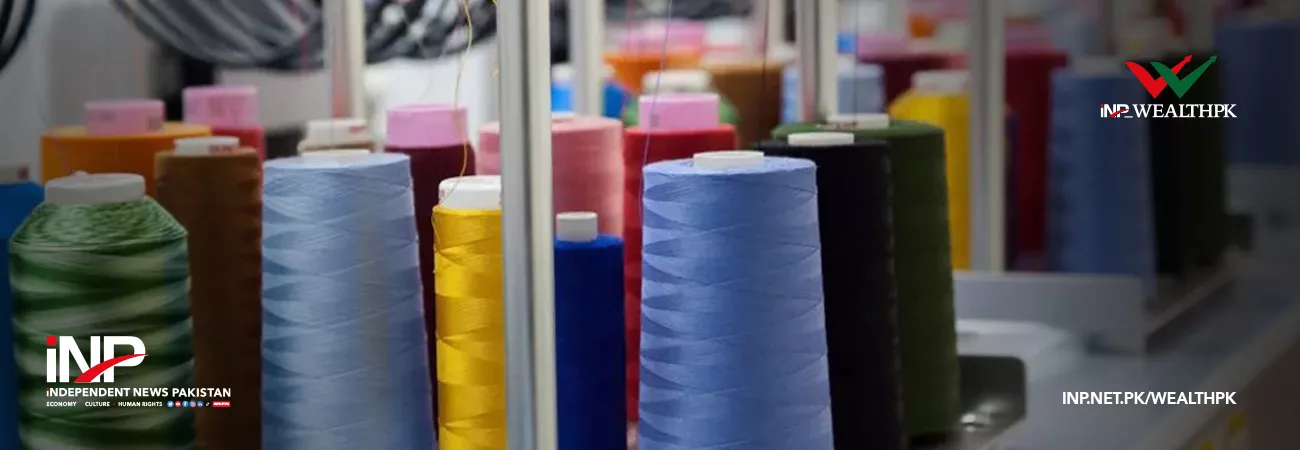INP-WealthPk
Raza Khan
The Ministry of Commerce has decided to launch a scheme of technical assistance to improve environmental and social compliance in the textile sector. The main objective of the project is to act as a focal body to improve international compliance of environmental, social, occupational health and safety, and quality requirements to enhance textile exports. “This shall be maintained as a user-friendly online system to improve monitoring and enforcement mechanisms through resource allocation,” said a report of the Commerce Ministry.
The total cost of the project is Rs1.691 billion. The Ministry of Commerce has sought Rs217 million from the Ministry of Finance for fiscal year 2023-24 for the project, which will be completed within five years. The scheme will focus on safety and health of workers, work environment, social security, and other facilities. Textile manufacturing units would be required to upgrade environmental and social compliance for acquiring applicable certification and accreditation.
“Incentives would be offered to the textile industry and small and medium-sized enterprises (SMEs) to improve their quality of management and services for international certification,” the report said. It said the globally recognised certification and accreditation systems would help in enhancing competitiveness of Pakistani entrepreneurs and SMEs for local, regional and international businesses. Capacity building training to create awareness in the compliance improvement areas would also be part of the proposed scheme.
According to a report of All Pakistan Textile Mills Association (APTMA), the country’s textile sector is experiencing a rising requirement from the global community of buyers to enhance environmentally and socially sustainable practices. To fulfil this requirement, Pakistan’s textile industry requires to adopt ESG (environmental, social and governance) practices and solutions, said the report.
The ESG is a framework that supports the industry to manage the environmental, social and ethical and governance related risks and opportunities. It focusses widely on the key environmental and social elements as well as governance structures in the textile industry. “On environment side, some examples include direct and indirect greenhouse gas emissions, climate change, hazardous chemical discharge and water pollution, waste pollution and natural resource depletion,” the report said.
It said the social pillar addresses the industry’s relationship with its stakeholders. It endorses socially conscious themes in the industry including employee wellbeing such as health and safety and fair wages as well as the industry’s impacts on the communities where it operates. Other major examples include data privacy, robust labour standards, employee equity, inclusion and customer satisfaction. “The ESG’s third pillar of governance deals with accuracy and accountability of the industry’s leadership,” APTMA report said, adding that it focusses on the best compliance practices and transparency of the companies.
Credit: Independent News Pakistan-WealthPk




